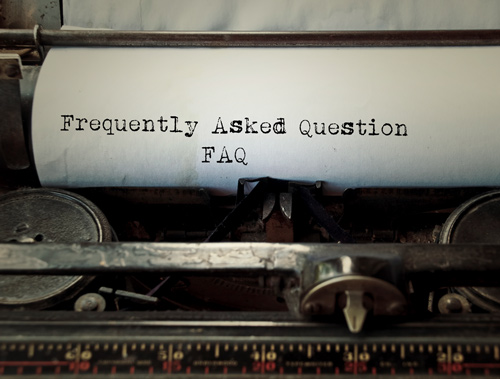FAQs: Geofencing

These FAQs provide an overview of geofencing in investigations. For specific legal advice or assistance with a geofence issue, contact an attorney or qualified digital forensics professional.
What is geofencing in the context of investigations?
Geofencing refers to setting a virtual boundary around a physical location and then requesting location‑history data for any mobile devices within that area during a specific time. Law enforcement typically obtains this data using a “geofence warrant,” which asks a provider such as Google to produce the location history of every device that was inside the defined region and time. The goal is to identify potential suspects or corroborate alibis.
How does a geofence warrant work?
Geofence warrants generally follow a three‑step process. First, investigators send a warrant to Google requesting anonymized data for all devices that were within the geofenced area during the specified timeframe. In the second step, investigators review that de‑identified list and may ask for additional location history outside the initial time or area to narrow down which devices are relevant. Finally, investigators can request subscriber information (names and email addresses) for the devices that appear relevant.
How can geofencing help my case?
When used carefully, geofence data can provide an important lead in a case. For example, location‑history logs from mobile phones can show where a device was and what movements it made. In civil cases such as car accidents, this data can help establish a timeline or determine the exact location of a crash. In criminal cases, a narrowly drawn geofence can identify potential suspects or eliminate people who were not present.
Are geofence warrants accurate?
GPS‑based location history is often accurate to within a dozen feet, but real‑world conditions matter. Structures such as buildings and bridges can interfere with satellite signals, leading to “dirty data” that may pull in innocent people or exclude actual perpetrators. Because geofence warrants collect data on every device in the area, some individuals with no connection to the crime may be included. It is therefore important to corroborate geofence data with other evidence.
What are the privacy concerns surrounding geofencing?
Geofence warrants have sparked debate because they gather location history for everyone in a specified area, including people who may have nothing to do with an investigation. Critics argue that this broad sweep may violate Fourth Amendment protections requiring particularized probable cause. In one widely reported case, Luis Molina was arrested after geofence data linked his phone to a crime scene; the case quickly fell apart, but the arrest cost him his job and damaged his reputation. Courts have sometimes upheld narrowly tailored geofence warrants but criticized overly broad ones.
Are geofence warrants still legal and available?
The legal landscape is evolving. Some courts have ruled that broad geofence warrants are unconstitutional, while others have allowed warrants that are carefully limited in time and geography. Meanwhile, Google announced in late 2023 that it would begin storing location history locally on users’ devices and encrypting it, which will make geofence warrants harder to fulfill. That change is being rolled out gradually.
Does Google notify users if their data is turned over?
Geofence warrants often include a non‑disclosure order preventing Google from alerting subscribers, but when such an order is absent Google has notified some users by email. If you receive such a notice, consult legal counsel promptly to understand your rights.
How is geofence data different from cell‑site location data?
Cell‑site data comes from a phone’s connections to nearby cell towers and tends to be less precise; geofence location history incorporates GPS, Wi‑Fi and Bluetooth signals, sometimes logging a device’s position every two minutes. Because of this, geofence data can be much more accurate—but it also raises greater privacy concerns due to the volume of data collected.
What type of payment do you accept?
We accept Visa, MasterCard, American Express, PayPal, and checks.
How do we contact you?
You can always call our office at (833) 788-0007 from 9 am to 5 pm, Monday through Friday, or fill out the contact form, and we will contact you shortly.

